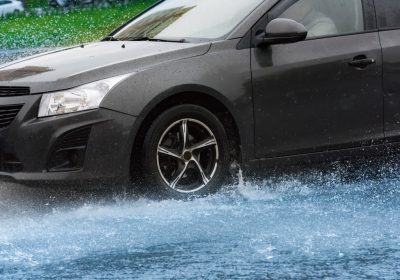Springtime temperatures in Florida can get hot, so summertime temps in Florida are nothing short of scorching. While that warm weather is welcome for heat-lovers, all that sun and humid air can have negative effects on things, too. Did you know that the warm sunny climate is also a problem for your car? Fortunately, there are ways to protect your vehicle to minimize heat damage. Check out this guide for protecting your vehicle now and all year long.
Interior Protection: Surely, you’ve opened your car door after it’s been sitting in the hot sun and it felt like a sauna. Your dashboard, leather, carpet, and other surfaces absorb the sunlight and trap the heat in the car. The solution is to park in the shade when available, purchase shades for the front window, or install window tinting.
Top Off The Fluids: Just like you, your car is thirsty when it’s hot. It uses plenty of oil, coolant, transmission fluid, power steering fluid, and brake fluid, and is working hard and burning even more fluid to keep it cool. During the summer or before long road trips, make sure all of the fluids are properly topped off and check them more frequently than in cold-weather months.
Tire Troubles: Under-inflated tires are more likely to overheat and cause a blowout than properly inflated tires, and the problem is only made worse by hot roads. The solution is to make sure your tires are inflated to the pressure recommended in your vehicle’s owner’s manual.
For assistance preparing your car for summer or ahead of a long road trip, visit Millikan Battery and Electric Inc. for replacement auto parts in Apopka.










